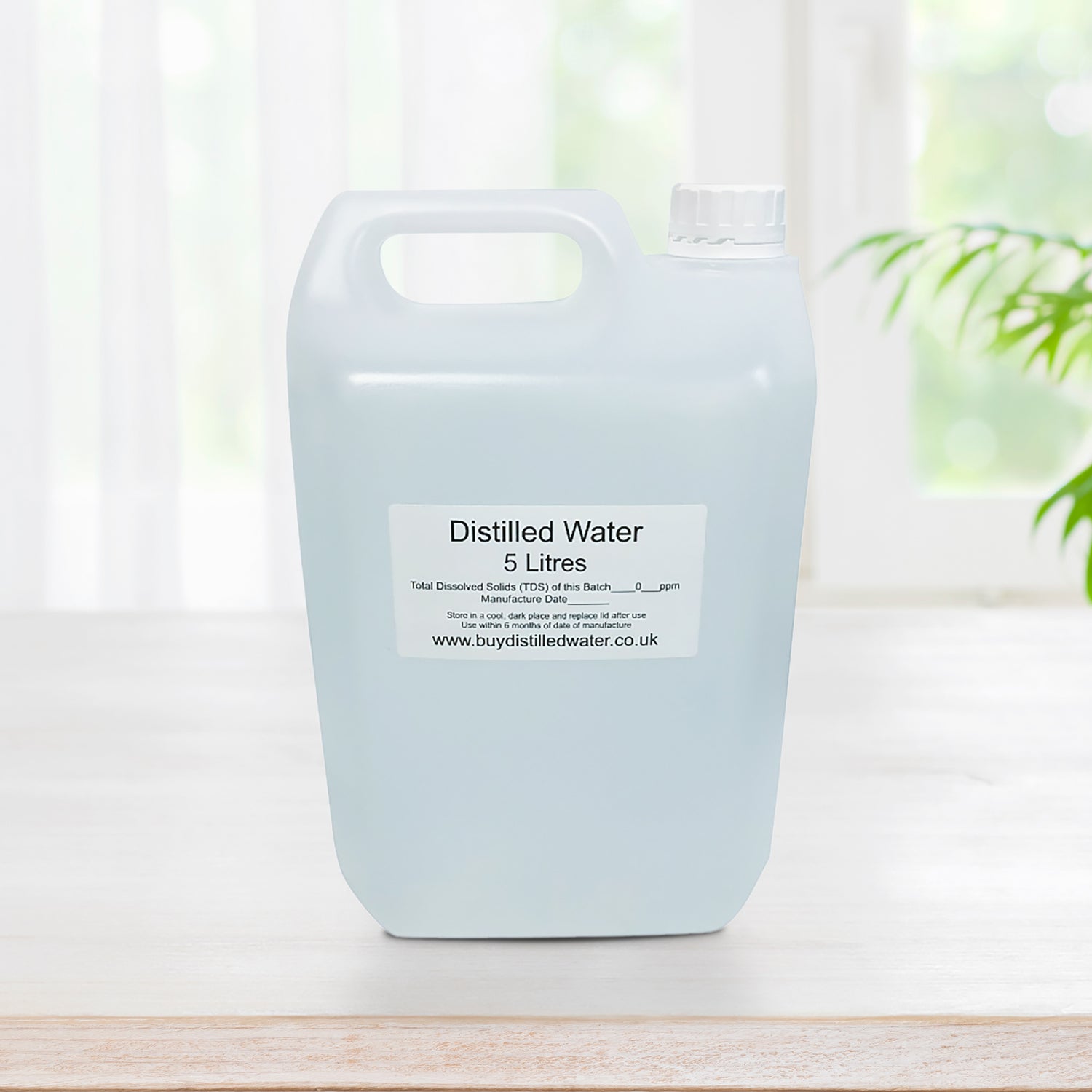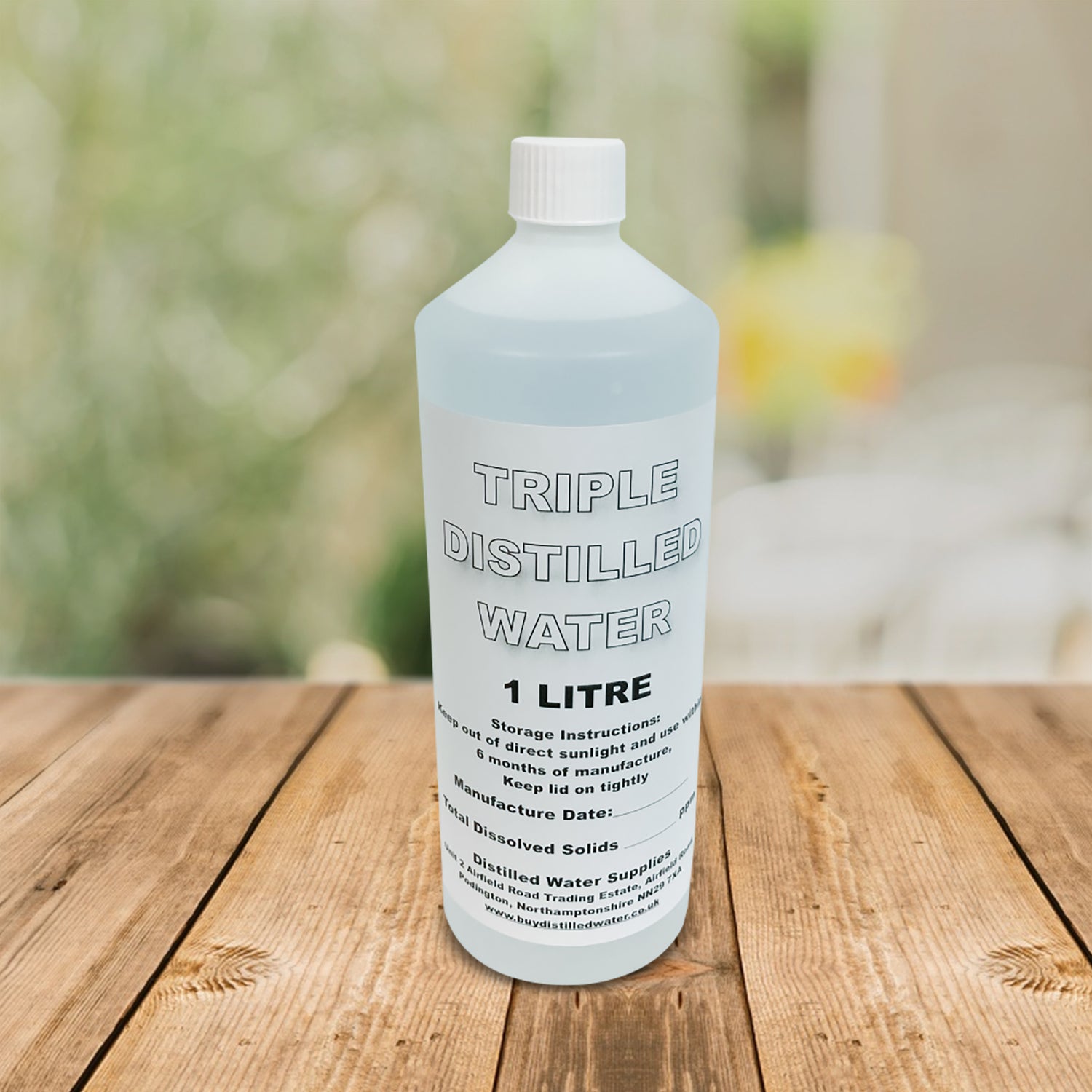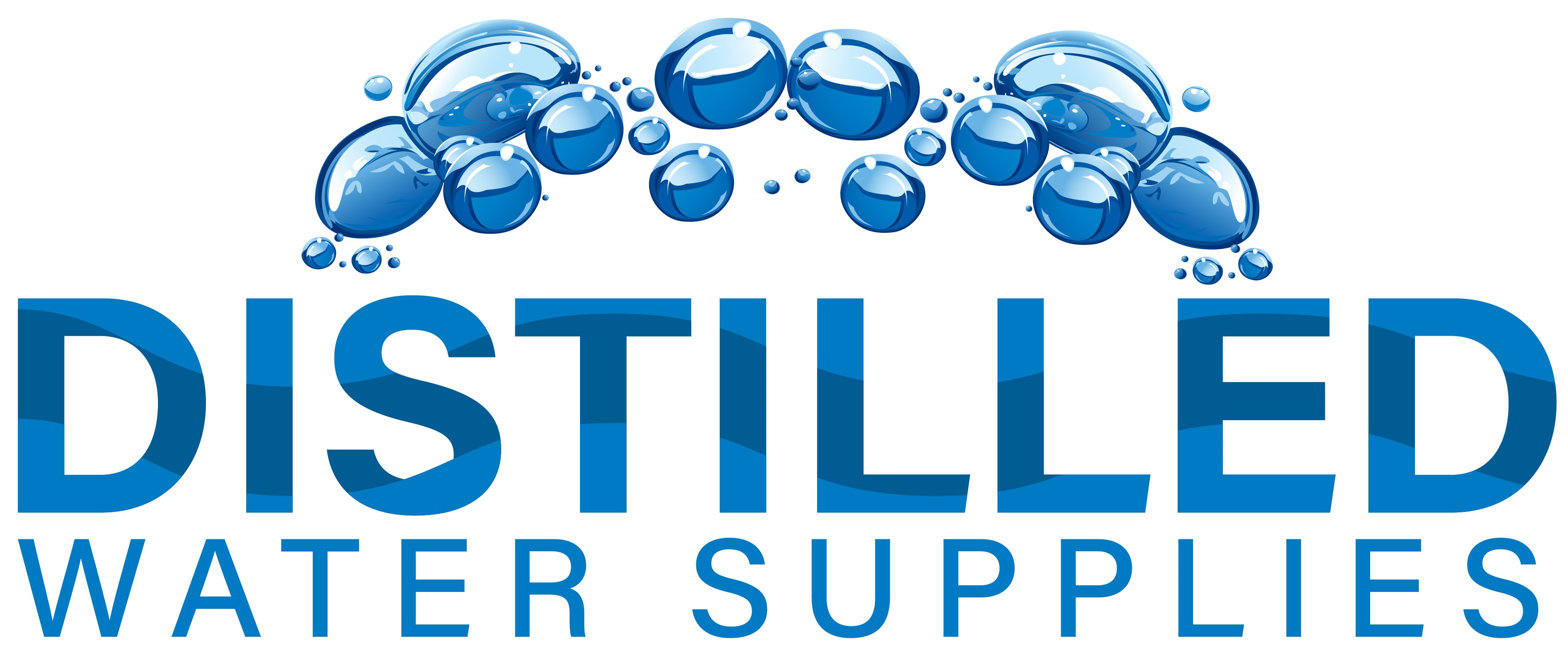What is the difference between Distilled and Deionised water?
Distilled water and deionised (DI) water are both forms of purified water that have had impurities removed. However, the process by which they are purified is different and the purity of the finished product is different.
What is Distilled Water?
Distilled water is made by boiling water to produce steam, which is then collected and cooled to produce pure water. This distillation process removes dissolved minerals, salts, heavy metals and other impurities that are present in the source water. Distilled water is commonly used for drinking water, cosmetics as well as in laboratory settings where very high-purity water is required.
Distilled water is water that has been boiled and then condensed into a pure liquid. The process of distillation removes impurities and minerals, resulting in crystal-clear H2O. It is also free of bacteria and other contaminants such as heavy metals, making it ideal for a variety of uses.
What is Deionised Water?
Deionised water, on the other hand, is filtered using ion exchange resin beds. This process removes ions, such as sodium, calcium, and magnesium, which are responsible for conducting electricity in water and making the water 'hard'. The water is passed through resin beads that are charged with ions of opposite charge to those in the water. The impurities in the water exchange with the ions in the resin, producing purified water. Deionised water is commonly used in laboratory and industrial settings where purified water is required for processes such as washing and rinsing, but does not need to be as pure as distilled water.
Deionised water is water that has had its ionic content removed. This process involves running the water through a special filter that is designed to trap and remove ions, resulting in a pure and clean liquid. Deionised water has a neutral pH and is free of mineral impurities and contaminants, making it suitable for a variety of applications.
In summary, the main difference between distilled water vs deionised water is the process by which they are purified. Distilled water is purified by boiling, while deionised water is purified using a simple ion exchange resin filter.
Which Option is Right For Me?
Deionisation does a very good job of removing the minerals in water that are responsible for making water 'hard' and leaving limescale residue, however, deionisation does not remove heavy metals, pesticide and hormones and most importantly does not kill bacteria in the water.
Distilled water, is therefore the preferred technique to produce ultra pure water that is as close to contaminant-free as possible. Both Distilled and Deionised water have close to zero dissolved minerals; however, distillation removes heavy metals, bacteria and pesticides more effectively than deionisation.
Our Distilled Water
-

Small Bottles
If you're looking for a small bottle of distilled water, look no...
-

Large Containers
If you're looking to buy distilled water in bulk, our large containers...
-

Triple Distilled Water
Triple distilled water is a type of distilled water that has been...



